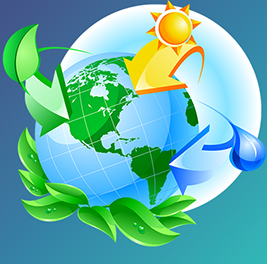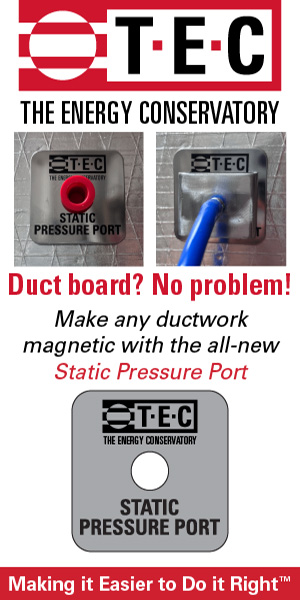As I write this column, the world is observing what has become known as Earth Week. It began on April 22, 1970 as Earth Day and has mobilized more than a billion individuals in more than 192 countries. Consequently, it led to the creation of the U.S. Environmental Protection Agency (EPA).
In 2024, the overreaching theme is “Planet vs. Plastics” and according to the Earth Day website, the idea is to push a worldwide “unwavering commitment to call for the end of plastics for the sake of human and planetary health.” At the present time, they are calling for a 60% reduction in the production of plastics by 2040 with an ultimate goal of “building a plastic-free future for generations to come.”
Is this reasonable? What are the consequences of such actions?
Throughout the lifespan of the environmental movement, many goals have been big and perhaps unreasonable. They have had unforeseen and unintended consequences.
For the HVAC Industry, the green movement led to the outlawing of CFC-based refrigerants and subsequently almost all of the replacement chemicals. That drove up the price for service and products. Extremists went as far as to call for the abolishment of air conditioning to save the planet from the ozone hole and global warming!

That unreasonable, and maybe even dangerous, battle cry was answered by our industry with speedy refrigerant replacements and a willingness to work rationally to the benefit of our country and our communities. That practice needs to continue. With that in mind, here are three key trends and challenges facing the HVAC Industry:
Energy and Sustainability
It seems there will always be a push towards alternative refrigerants with lower global warming potential. As an industry, we are champs at meeting this need.
Today, with growing concerns about climate change and energy consumption, there’s an increasing emphasis on making HVAC systems even more energy-efficient and environmentally friendly. This involves developing and implementing technologies that reduce energy usage, such as solar energy, high-efficiency heat pumps, smart thermostats, and advanced control systems.
Tech Advancements and Adaptation
The HVAC industry continues evolving with advancements in technology, including smart HVAC systems, Internet of Things (IoT) integration, and digital controls.
While these innovations offer benefits like improved performance, energy savings, and remote monitoring, they also present challenges such as the need for specialized training and expertise among HVAC professionals. Then there are the compatibility and interoperability issues between different systems and devices.
Workforce Development
Though not specifically environmental, the skilled labor shortage is a pressing issue. As experienced technicians retire and fewer young people pursue HVAC careers, there’s a growing gap between supply and demand for qualified professionals. Addressing this requires initiatives to attract and train new talent (See Today’s Word, April 2024).
What we’ve learned over the years is that these often over-blown calls for change have led to opportunities, especially for companies focused on system performance and sustainability.
The HVAC Industry remains poised to continue doing its part. As I see it, that is our role.













Recent Comments